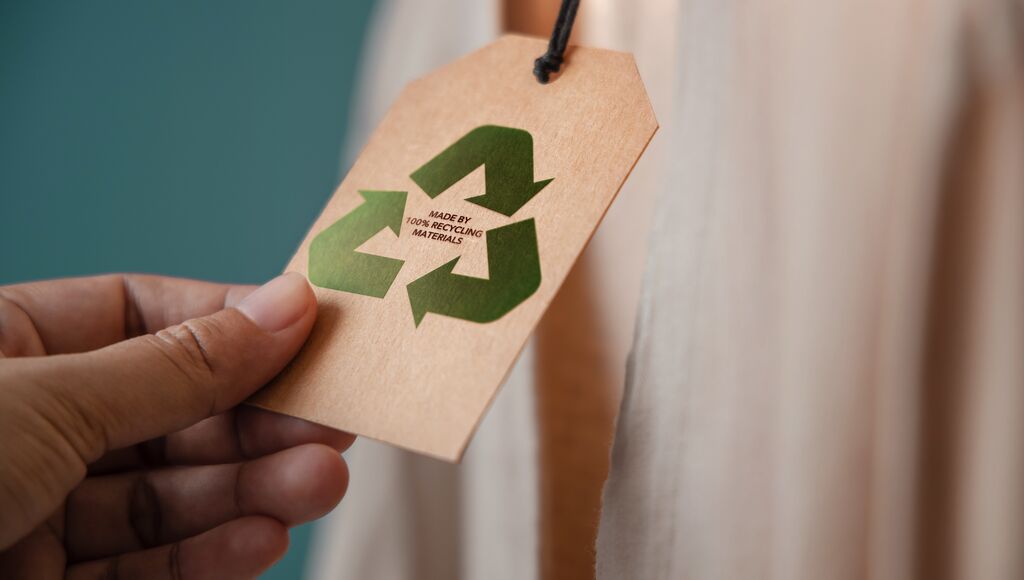
The changing landscape of sustainability regulations
Insights|March 6, 2025
As businesses increasingly integrate sustainability into their strategies, they face growing scrutiny over how they communicate environmental claims. The European Union is introducing tighter rules to prevent greenwashing, ensuring that companies provide clear, evidence-based sustainability information. At the same time, circular economy practices such as upcycling raise legal and ethical questions, particularly around intellectual property rights and the actual value added to the consumer.
The European Union is requiring Member States to write down explicit rules to stop companies from making false or exaggerated sustainability claims. As Silva Peltola explained in a recent event, sustainability is understood widely, covering not only environmental but also social and circular aspects. The rules require claims to be clear, evidence-based, and verifiable. A key change is the ban on self-certified sustainability labels – only third-party verified certifications will be allowed. Furthermore, generic environmental claims, such as “green,” “ecological,” and “carbon friendly,” require recognized excellent environmental performance relevant to the claim. Future environmental performance can no longer be claimed without a publicly available and realistic implementation plan. Additionally, companies will not be able to promote product features that do not set them apart from standard alternatives. The same applies to irrelevant features; for example, marketing paper as “not containing plastic” would not be acceptable, as all paper generally lacks plastic. The substantiation and communication of explicit environmental claims, i.e., claims in textual form or contained in an environmental label, will also face stricter rules. Explicit environmental claims will also be subject to a third-party verification scheme. Altogether, these changes push businesses toward more transparent and honest sustainability communication.
At the same event, Markku Tuominen highlighted the legal and ethical challenges surrounding upcycling. When an existing product is repurposed into something new, the question becomes: does the transformation create a new product or does it simply alter the original? A well-known example is the Allposters case, which Tuominen discussed. The company bought posters of famous artworks and laminated them onto canvas, altering their appearance and surface. The Court of Justice of the European Union ruled that this modification fundamentally changed the nature of the product, because of which the distribution right of the copyright holder was not exhausted. In addition, the Court stated that copyright holders must receive reasonable remuneration based on the economic value of their work’s exploitation. The parties agreed that canvas transfers were much more valuable than posters. This case underscores a broader challenge in upcycling – determining whether a modification constitutes a new product or an infringement.
Beyond legal concerns, companies must also be prepared for unexpected negative publicity. Katri Makkonen emphasized that in today’s 24/7 media landscape, news and opinions spread rapidly, making swift corporate responses essential. Crisis communication is no longer a top-down process – social media and digital platforms amplify scrutiny. Makkonen advised that when facing public criticism, companies should avoid downplaying the issue or over-explaining. Instead, the best approach is for the responsible decision-maker, not just a PR spokesperson, to address concerns directly, acknowledge the issue, and avoid vague justifications. She also noted that corporate values are becoming more fragmented, leading to stronger public reactions and heightened scrutiny of brand behavior.
As Tuominen pointed out, businesses must strike a careful balance between industrial production, upcycling, and regulatory compliance. The EU’s evolving sustainability regulations push companies toward greater transparency, ensuring that upcycled products genuinely enhance value rather than serve as marketing tactics. The fine line between sustainability and misleading advertising is becoming more apparent, making legal compliance and clear communication essential in today’s market.